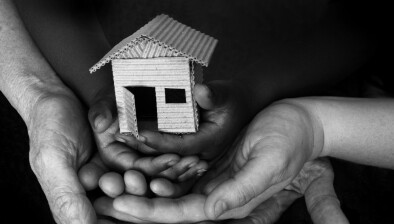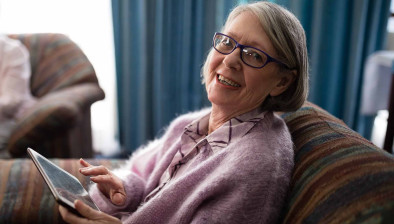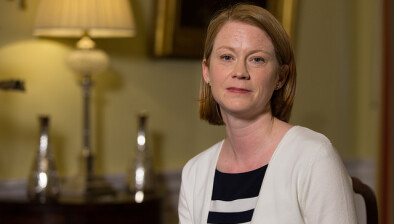Nine in ten Scots think political parties should develop a plan to reduce pensioner poverty

Nine in 10 adults of all ages in Scotland support the idea of political parties developing a plan to reduce pensioner poverty, according to new polling commissioned by charity Independent Age.
The research, carried out by the Diffley Partnership, also found that over 4 in 5 (86%) believe that the Scottish Government should be doing more to support pensioners in poverty.
The charity, which supports older people in financial hardship, has launched its briefing Building a Pensioner Poverty Strategy for Scotland, which outlines the need to tackle rising rates of later life poverty. The organisation is calling on the Scottish Government to develop and implement a national pensioner poverty strategy and commit to this in the Programme for Government, due Tuesday 6 May 2025.
The briefing from Independent Age follows recent official statistics that show over 156,000 older people in Scotland live in poverty, an increase in number by around a quarter in the past decade. Compared to the national average of 15%, some groups are more likely to live in poverty: racially minoritised groups (42%), private and social renters (32%), and women (17%).
Recent polling by Independent Age found that, of all older people in Scotland, nearly one in five (19%) has a household income of under £15,000 a year and just one in five (21%) say the State Pension is enough to cover basic living expenses.
Independent Age is recommending that a Scottish Government pensioner poverty strategy includes:
- Action to improve income adequacy, specifically: supporting work to progress the Minimum Income Guarantee in Scotland, reviewing the adequacy and eligibility criteria of devolved social security payments, working to support a review of the adequacy of reserved entitlements by the UK Government.
- Income maximisation: Leading on a plan to make sure all older people get the social security payments they are entitled to, systematically tackling the barriers to take-up identified in research and exploring data sharing where possible to remove these barriers.
- Energy: Making sure there is adequate support schemes to improve the energy performance of homes and that older people are aware and supported to access such schemes.
- Broadband: Tackling digital exclusion among older people and supporting efforts across the UK to develop a single social tariff.
- Housing rents: Setting rent controls out in the Housing (Scotland) Bill and keeping them under review and amending where necessary. Improving access and increasing funding to Discretionary Housing Payments.
Debbie Horne, Scotland policy and public affairs manager at Independent Age, said: “It is a social injustice that not only does pensioner poverty in Scotland exist, but that it is increasing. Not only do the older people affected need to see change, but our polling shows that the wider public in Scotland want to see action as well.
“Experiencing financial hardship in later life is awful, with some of the older people we’ve spoken to washing in freezing cold water, eating a single meal a day or heating only one room. In a compassionate society, no one - of any age - should live in poverty. The Scottish Government should take action in next week’s Programme for Government by announcing they will take forward a clear action-oriented plan to tackle these worrying levels of pensioner poverty.”
Katherine Crawford, Age Scotland’s chief executive, added: “Huge numbers of pensioners in Scotland struggle in poverty or are living on the cusp of it, but there has been nowhere near enough national activity or focus to address this. Scotland can and must do more to change this scandalous reality faced by so many older people.
“The Scottish Government should take this important opportunity to establish a pensioner poverty strategy which boosts uptake of social security, helps reduce their living costs and prevents people getting to later life in this horrible position.”







